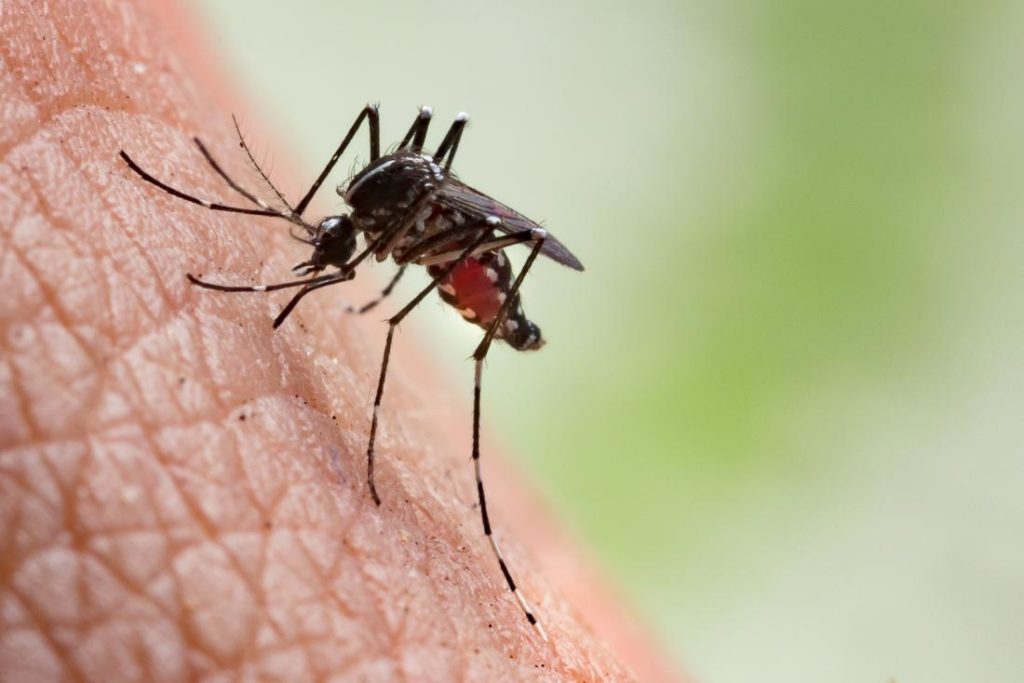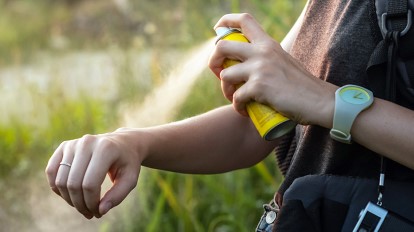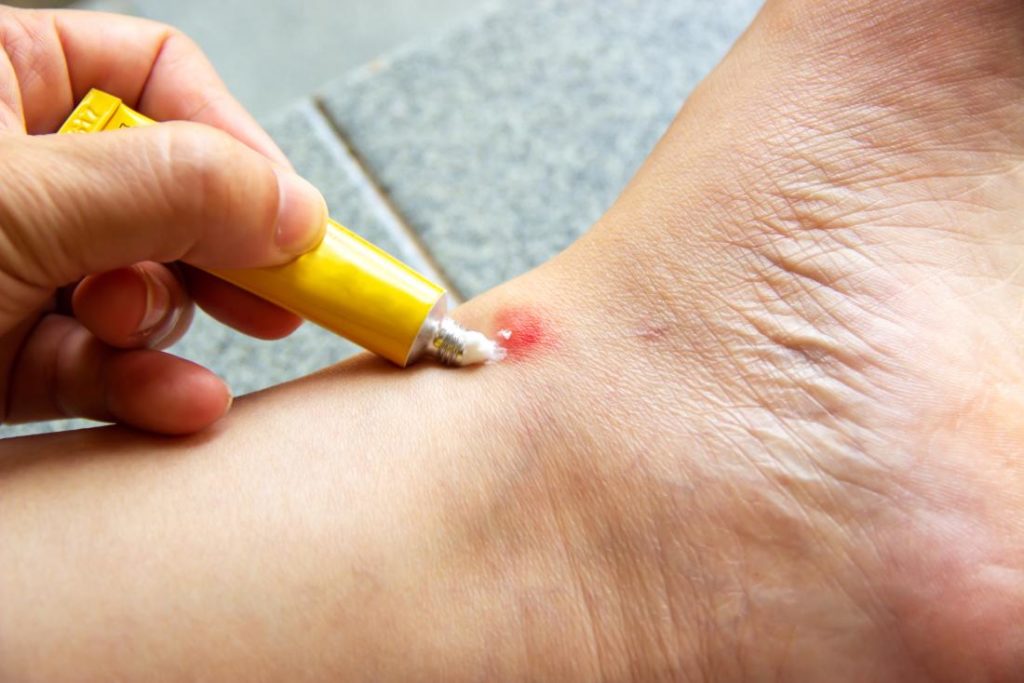Why do some people get bitten by mosquitoes more than others?
Mosquitoes are selective insects and some people are more likely to get bitten than others, but what makes you more attractive to the bugs and how can you prevent their bites?
There are a few reasons that could contribute to why you may be bitten more than others, described as primary, secondary and tactile cues.
Blood Type is a primary cue and in one controlled study by the Journal of Medical Entomology, they found that your blood type matters. Mosquitoes landed on people with blood Type O nearly twice as much as those with Type A. The researchers noted this has something to do with the secretions we produce, which allows mosquitoes to determine a person’s blood type.
Johnathan F. Day, an entomology professor at the University of Florida, said in one Huffington Post article that “more research needs to be conducted on mosquito’s potential preference for certain blood types over others.” He also agreed that mosquitoes do pick up on some cues we give off that make them more likely to land on certain people.

“These cues let them know they are going to a good blood source. Perhaps CO2 is the most important. The amount of CO2 you produce increased the amount of carbon dioxide you give off. The more you give off, the more attractive you are to these arthropods.”
But what separates us from the non-living objects that give off carbon dioxide, like cars? Well, Day says that in addition to primary cues, mosquitos are also looking for what he calls “secondary cues.”
Lactic acid is a secondary cue that a mosquito looks for. It is released through the skin and allows mosquitoes to know we are a target.
Day notes there are a number of other things mosquitoes use to help them pick up on secondary cues. Mosquitos have excellent vision but fly close to the ground to stay out of the wind. They are able to differentiate you with the horizon so if you have on dark clothes you are going to attract them more as you’ll stand out, whereas if you wear light colours you won’t stand out as much.
Once a mosquito has landed on you, it also takes in “tactile cues”.
Body heat is a “really important tactile cue,” Day states. Some people tend to have higher body heat levels and when mosquitoes land they are looking for a place where blood is closer to the skin. This means if your body temperature is high you are more likely to get bitten.
Lifestyle or other health factors may also play a role, said Melissa Piliang, a dermatologist at Cleveland Clinic.

These include if you are exercising and moving around a lot (leading to a raise in body heat), if you’re drinking alcohol or if you’re pregnant or overweight (increasing metabolic rate), you are more attractive to mosquitoes.
Just because you are more prone to mosquito bites doesn’t mean there aren’t ways you can try to avoid them.
How to prevent a mosquito bite
Mosquitos are most active at sunrise and sunset, so this is when you’ll see peak activity. Avoid peak activity times as much as possible. If, however this isn’t plausible try cover your skin as much as possible during these times, and use a repellent with a good level of protection.

Day says that “A repellent that has a good protection time is also great. Roughly 5% DEET sprays gives you 90 minutes of complete coverage.” DEET sprays are probably the best way to go if you are at increased risk of bites as it is the most effective says Pilliang.
Treatment
If you do get bitten there are a few things you can do to relieve the itch and help it to heal. The worst possible thing you could do is itch it, as this releases more histamine and it just becomes itchier. It also means you are more likely to break the skin and make it bleed and scab putting you at risk of infections and scarring, as well as prolonging the healing process. To relieve the itch, you can put ice cubes on the effected spots.

There are also several anti-itch creams you can buy with mild topical steroids in like hydrocortisone cream. This can be applied multiple times a day to relieve the itch. Finally, you can always take an antihistamine like Zirtek, Clarityn or Benadryl, which can counteract the reaction a bit.
How Kays Medical can help
Prevention is always better than treatment. Kays Medical has a wide range of insect repellents including sprays, roll on, gels and creams, as well as a variety of mosquito nets to prevent you getting bitten whilst you sleep. We have many DEET repellents, as well as repellents for people with sensitive skin and for children. Kays Medical also have a range of anti-itch creams and antihistamines to help relieve the itch if you do happen to get bitten.